‘She’s come so far’
Senior’s career-ending injury pushes her toward tennis, magic
Photo provided by Sofia Abdalla
Abdalla performs card flourishes for the Best Buddies club. She enjoys sharing her unique hobbies with others.
A cleat rammed into the side of her skull. That’s the last thing she remembers.
Suddenly, she couldn’t feel anything. As she struggled to push her numb body up from the grass, her vision was completely clouded. All she could make out was the faint outline of her blood-splattered glove. In the distance, girls screamed and whistles shrieked.
The summer before her freshman year, senior Sofia Abdalla suffered a severe concussion during a national soccer tournament a few hours outside of Houston.
Abdalla played goalie for RISE Soccer Club and trained at the national level with her ‘04 (born in 2004) team. But when the ‘03 team needed a goalie, head coach Natalia Astrain, who now coaches the US U-17 Women’s Soccer Team, knew she needed to call Abdalla.
“She personally came to my house and she kind of begged me to go, so I did,” Abdalla said. “And that was the game that I ended up getting my head injury at.”
Abdalla always knew that head injuries were a possibility. The constant diving and “1 v 1” matchups at the net welcomed aggression from her opponents.
“I was always considered the most aggressive in ‘1 v 1s,’” Abdalla said. “I don’t know why, but I always kind of envisioned myself getting a head injury of some sort. So when I had my head injury, I wasn’t that surprised. I kind of saw it in my dreams prior which was interesting, but I think the severity of it was still surprising.”
Nothing could have prepared Abdalla for the long road to recovery. To this day, Abdalla isn’t back to the way she was pre-injury.
“I’m still recovering,” Abdalla said. “The neurologist said that I will continue to improve but most likely will never be back to ‘normal.’”
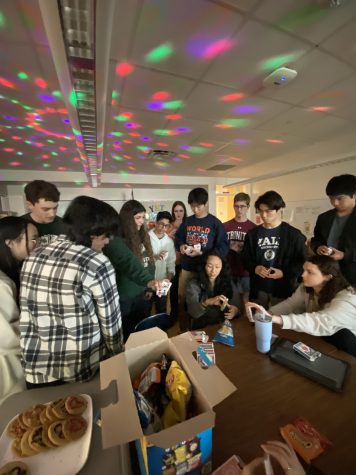
Her peers downplayed her injury, reassuring her that her “minor concussion” would heal in a week, but not long after, her health began rapidly deteriorating. Even the simplest of tasks pushed her to her limits.
“I struggled a lot with light and any sort of movement,” Abdalla said. “I sleep on the side of my head. I couldn’t do that anymore without a tremendous headache. I would sometimes struggle to even get up from the bed, like the motion of moving up would make me disoriented.”
Aside from her own concerns, Abdalla’s teammates needed her to recover. The team relied on her dominance on the field, and her absence became more and more noticeable as games continued to pass.
“Every time they would ask me, I would quickly reassure them,” Abdalla said. “I would tell them, ‘I’ll be back next week. We’ll be good next week.’ And that’s never the case. It was a pretty bad head injury.”
The number of doctors’ visits continued to grow, and each one said the same thing: “It takes time to heal.” Meanwhile, Abdalla went to physical therapy to work on eye and head movements to combat her dizziness.
“I finally had one really good neurologist,” Abdalla said. “He told me, ‘you should never go back to contact sports like this.’ This was an eye opener for me.”
Soccer had always been a constant in her life, something she would most likely pursue in college. She played recreationally since age 5, but her parents always told her she was kicking around a soccer ball since she learned to walk. Now these plans for the future disappeared in an instant.
“Sofia loved playing soccer,” Abdalla’s close friend, senior Natalie Hampton, said. “It was always her dream to play in college. The injury changed those plans and made her really rethink her future.”
For the first few days after her consultation, Abdalla refused to accept the doctor’s advice.
“I was beyond sad,” Abdalla said. “I told myself, ‘No, I’m just gonna wait for myself to heal,’ but quarantine was kind of the time I realized I really needed to stop contact sports.”
To add to the constant headaches and pain, Abdalla’s mental health began to take a nosedive.
“With a head injury, people always think about the physical aspects of getting headaches, but they don’t understand the mental aspect of a head injury,” Abdalla said. “It’s very mentally draining and you just suffer a lot from that.”
Increased amounts of anxiety and depression piled on top of Abdalla’s headaches. She began juggling the various medications, deciding which ones would help both her physical and mental symptoms.
“Before my injury, I had pretty bad anxiety, but after the head injury, it was exacerbated,” Abdalla said. “On top of having headaches, I was facing a lot of anxiety and depression. It was a pretty difficult ride for sure.”
To keep herself busy, Abdalla started looking for new hobbies. Her family in Brazil encouraged her to pick up tennis, one of their favorite sports.
“I always kind of knew about tennis,” Abdalla said. “I played when I was like seven in the summer with my dad, but I never really played after that. But after my head injury, I needed to exercise, but not any type of contact sport.”
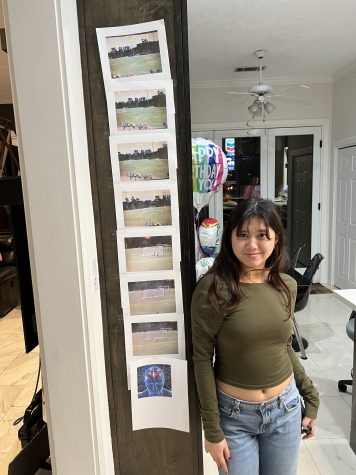
Abdalla’s injury increased her sensitivity to light and movement. Playing tennis now gave her headaches, but it got her used to tracking the ball.
“Sofia is a natural athlete,” head tennis coach Anthony Kirk said. “When she was playing, it was very obvious. She loved tennis and she could pick new things up very, very easily.”
Abdalla began investing all her time into tennis. During the pandemic in the fall of 2021, she practiced with the Bellaire team and by herself outside of school.
“She would come back to practice the next day and her serve would change completely,” Kirk said. “She would have a new serve, and it would be awesome because she would spend the evening watching YouTube videos on how to serve. It was amazing.”
Abdalla stopped playing for the tennis team her senior year and revisited an old hobby instead. Aside from physical activity, she began training her mind, learning magic tricks and performing with cards.
“Even prior to my injury, I was very into magic,” Abdalla said. “But kind of during that quarantine head injury period, I started practicing card movements, and I really enjoyed it. It was really helpful, a stress reliever for sure.”
At the start of her senior year, Abdalla started the Cardistry Club. Cardistry, the performance art of card flourishing, is a lesser known style of card tricks. She wanted to involve her classmates and teachers in a hobby she had grown to love.
“She has fallen in love with cardistry and magic and I think that really demonstrates her resilience,” Hampton said. “Instead of giving up on everything after her injury, she instead found a new passion.”
To celebrate Abdalla’s ongoing strength and courage, Hampton organized a surprise party for Abdalla.
“The party was more of a celebration of how far she’s come since her injury,” Abdalla’s long-time friend and senior Sophie Hinh said. “Over the past few years I’ve seen her struggle with it, but she really has come far. It brought us closer, since she was going through a difficult head injury and I was there as a friend. Now she makes jokes about it and we laugh it off, but it really did shape our friendship.”
The doctors and friends who comforted Abdalla through her recovery inspired her to pursue a career in medicine. At the University of Texas, she will major in psychology with a minor in behavioral science on a pre-med track.
“On the side, I’m currently training to be a Texas-certified EMT,” Abdalla said. “A big part of it is because of the medics that were there with me when I got my head injury. I want to do that for the next people who need help.”


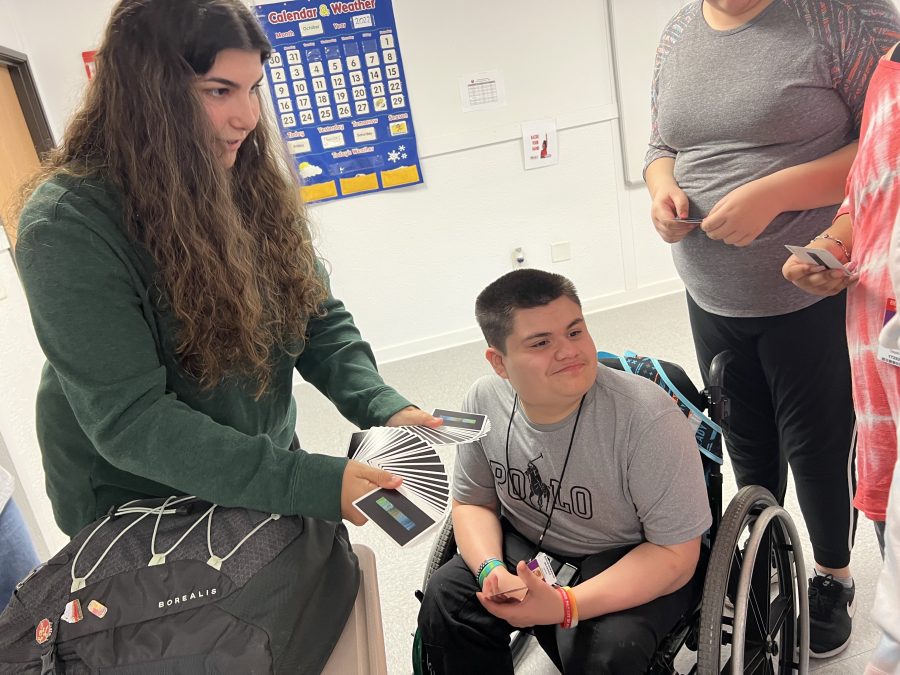
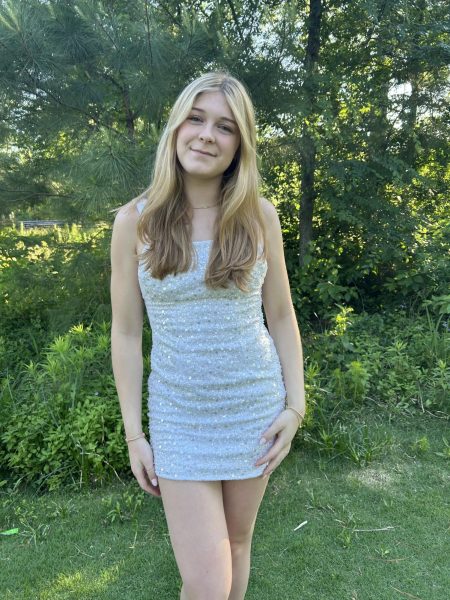
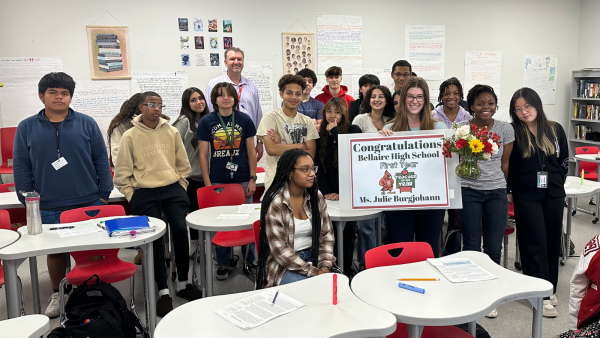
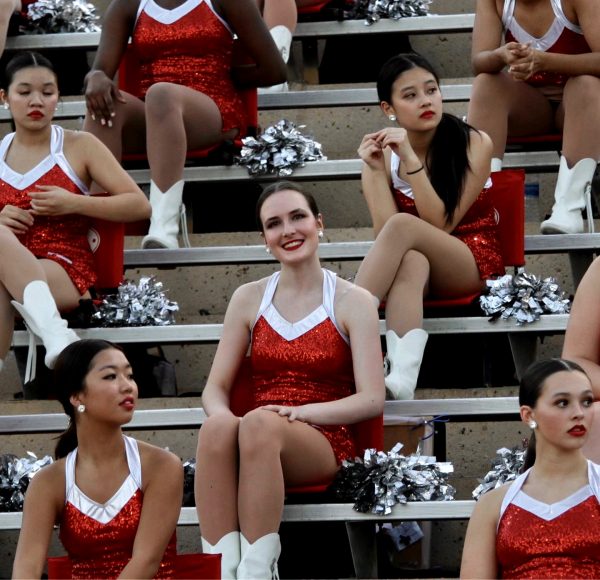
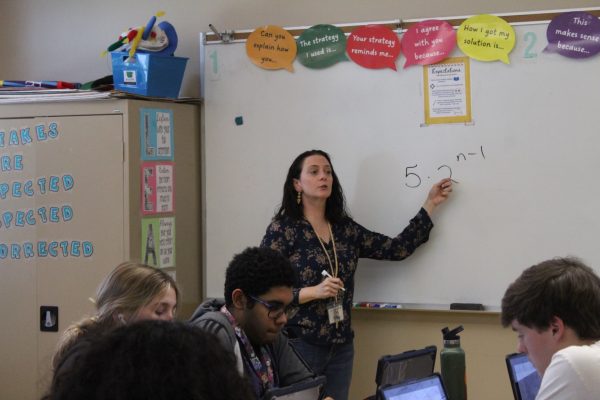
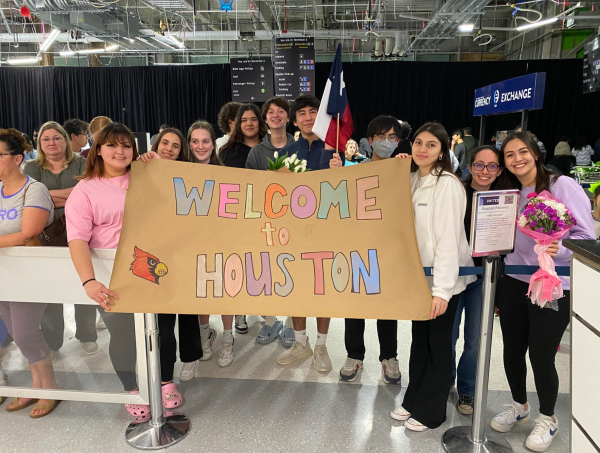
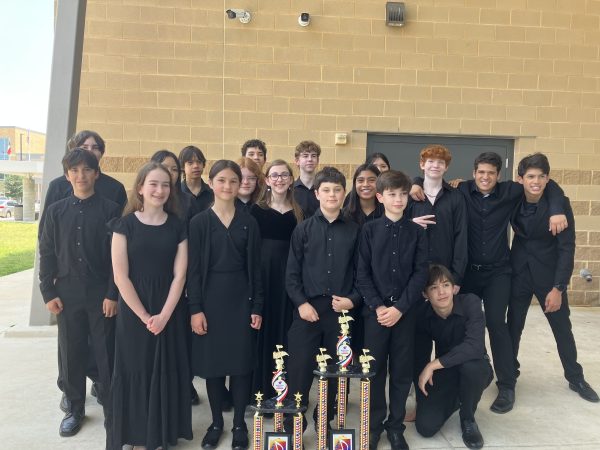
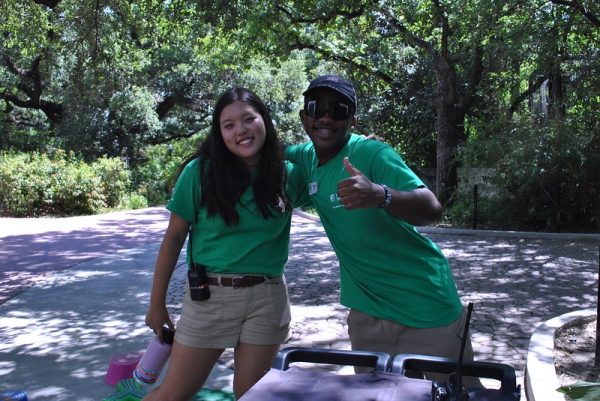
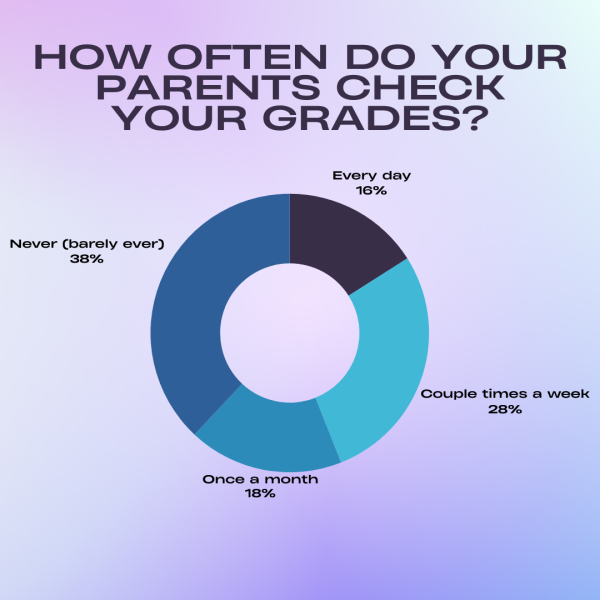
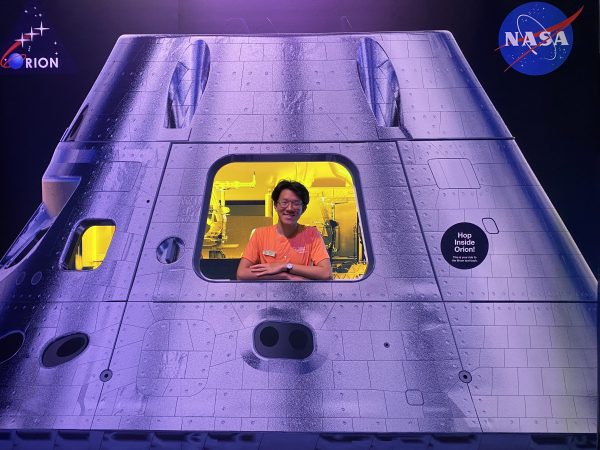
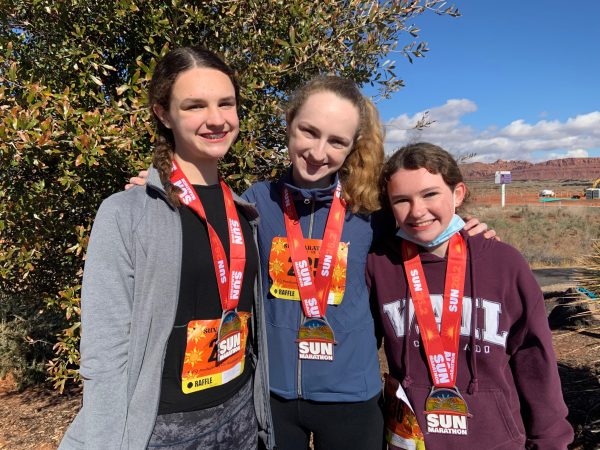
natalie hampton • May 8, 2023 at 10:35 am
this is so beautiful. thanks for sharing.